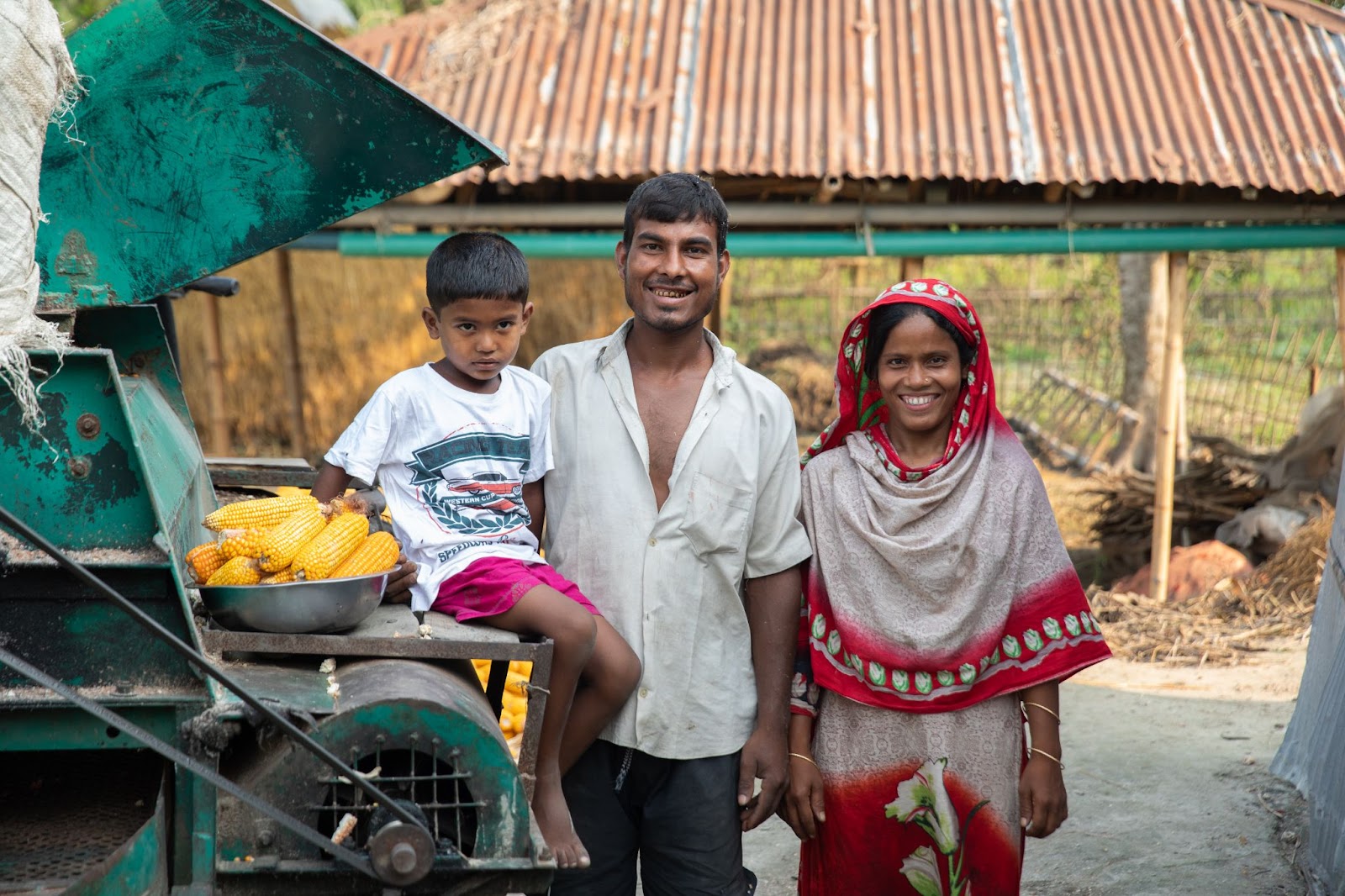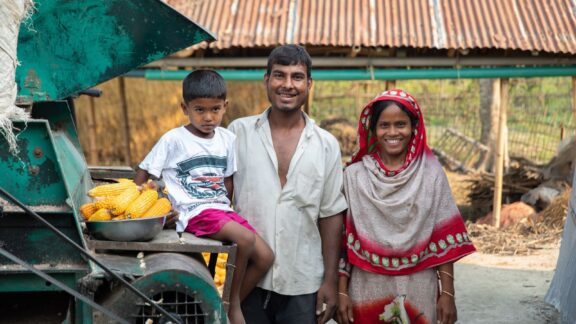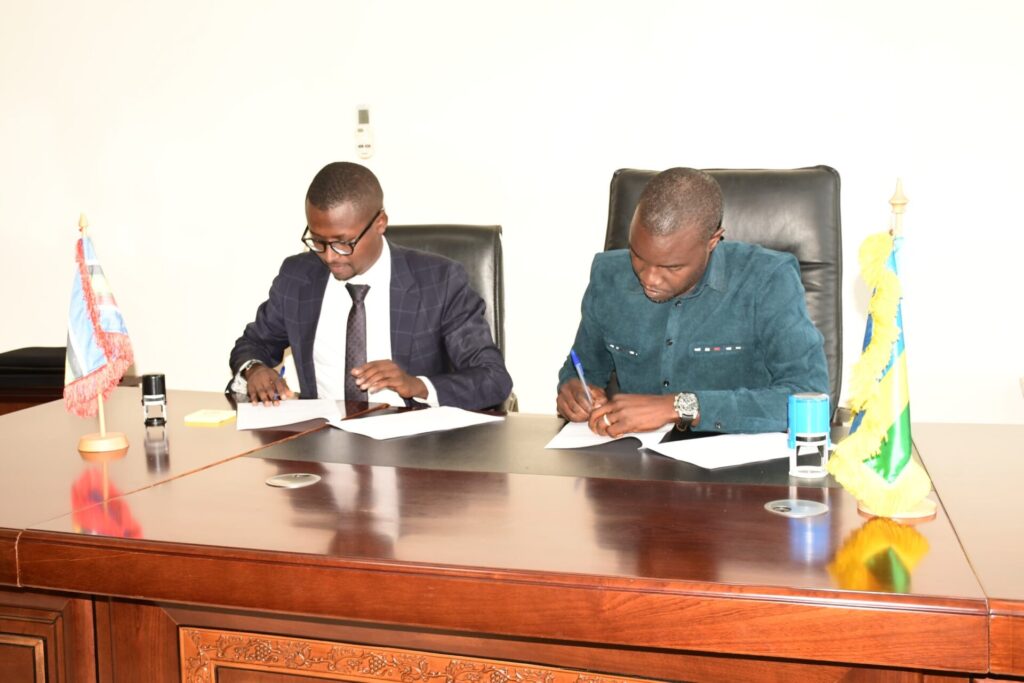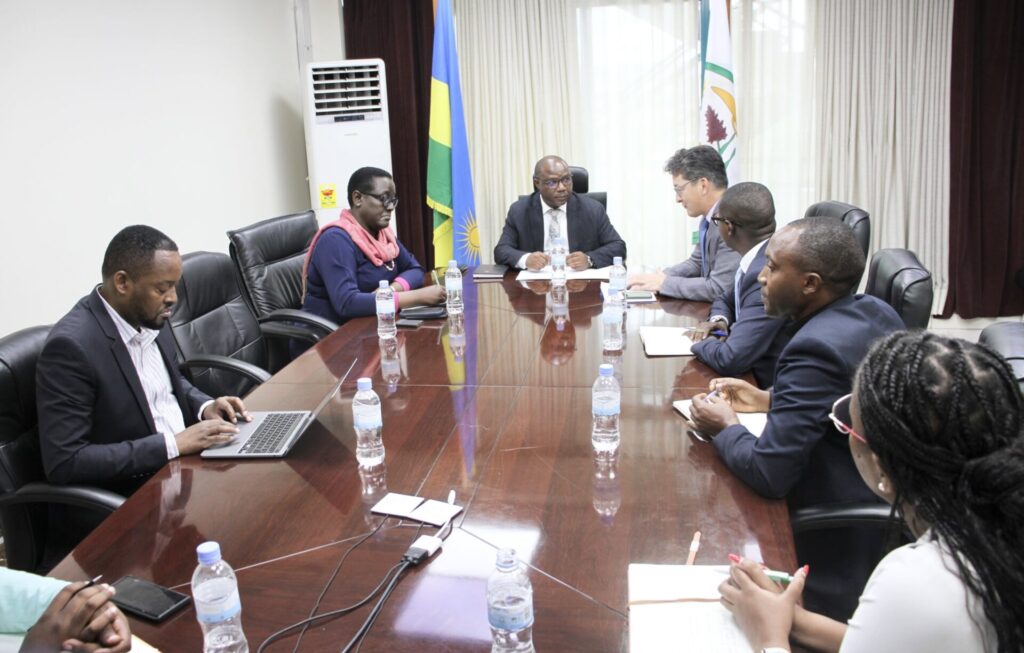By Gregory Chen, Managing Director | BRAC Ultra-Poor Graduation Initiative
This piece originally appeared on Inter Press Service News on October 10, 2022. Read it here.
– As we approach 2030, the Sustainable Development Goals look harder than ever to achieve. Shocks to the global economy caused by climate change, COVID-19, and conflict threaten humanity’s survival. For the most vulnerable, trends are moving in the wrong direction with an additional 75 to 95 million people now living in extreme poverty compared to pre-pandemic World Bank projections. By the end of this year more than 657 million people will still be living in extreme poverty substantially more than in 2018.
Though we cannot blame the recent crises alone. Even before the crises of the past few years the globe was beginning to realize addressing extreme poverty required new approaches. Economic growth alone remains insufficient and conventional anti-poverty policies and programs were not addressing the root problems affecting the most marginalized.
What can countries do to end the most severe forms of poverty?
While private organizations like BRAC (where I work) have a role to play, it is governments that are best positioned to take the lead tackling extreme poverty at scale. Governments have the mandate, the infrastructure, and the financing to transform the lives of the most vulnerable people.
Governments increasingly recognize a growing body of research which tells us people in extreme poverty face multiple reinforcing barriers – a lack of nutrition, education, and social exclusion which contribute to a deficit of hope and self-confidence. Together, these multiple factors create a poverty trap that is challenging to escape. Addressing only a few of these barriers at a time is insufficient for people out of poverty traps. Many governments have begun to recognize this in the past decade as growth lifted many out of poverty but large pockets of people remained excluded.

Women gather to discuss social issues and add to their group savings as part of the Bab Amal (Door of Hope) Graduation project in Upper Egypt (Sohag, Egypt). Credit: BRAC/Robert Irven 2022
Escaping a poverty trap requires a “big push” – a significant transfer of resources and support that can address multiple barriers in one go. One “big push” proven to break the poverty trap is referred to as the Graduation approach (though it may be called different things in diverse settings). Graduation is a sequenced set of interventions that address the unique circumstances of poverty within the local context. This approach meets participants’ day-to-day needs, provides training and assets for income generation, financial literacy and savings support, and social empowerment through community engagement and life skills training – all facilitated through coaching that calls for regular interactions with participants.
A period of intense coaching enables participants to build resilience and self-confidence by empowering them to save, diversify their sources of income, access safety nets, and develop coping mechanisms to major shocks and build up self confidence. These combined interventions are delivered in a 2-3 year time bound period, empowering participants to begin an upward trajectory out of extreme poverty and with greater ability to link to wider government support.
Graduation programs are designed to positively impact all household members, but the approach focuses on direct engagement with working age women. These women are disproportionately affected by extreme poverty and most likely to use their greater capacities to reinvest in their households’ development.
At its core, Graduation is about recognizing that when empowered with the right tools and resources, people can be agents of change for themselves, their households, and their communities.
A high return on investment
The Graduation approach is an investment with returns that grow over time. Rigorous evaluations report that four years after participants start, Graduation delivered benefits that began to exceed program costs. Compared to standalone narrower interventions like lump sum cash transfers, after 3 to 4 years after the initial intervention, Graduation programs deliver greater household benefits – including greater consumption, income, and savings. Research from India shows that ten years after starting the program, participants see approximately 400% ROI, and projections suggest this return could reach 1100% over the participant’s lifetime. Since the investment is time limited and may not be repeated its ROI over the longer term can save costs and build resilience.
Many Government are Adopting Graduation
Due to Graduation’s proven impact, many governments are investing in the approach, integrating it into existing programs. It is estimated that more than 15 government programs have developed Graduation approaches across Latin American, Africa, and Asia. Among them include governments in Kenya, the Philippines, and India. These are most often not new standalone programs but integrated within existing Graduation programs, where the Graduation package is particularly emphasized for certain target populations.

Yolanda, a participant of the DSWD’s Padayon SLP Graduation project, is visited by her coach Julius, who helps ensure she is making steady progress and has the tools and knowledge she needs to overcome any challenges or shocks. (Iloilo City, Philippines). Credit: BRAC/Robert Irven 2022
In the Philippines, despite the many challenges created by COVID-19 in 2020, participants in the Philippines’ Department of Labor and Employment (DOLE) Graduation program had more resilient livelihoods and better savings and financial management, according to Asian Development Bank (ADB). The Government of the Philippines is now on its second iteration of Graduation integration offered through the Department of Social Welfare and Development with support from ADB and the Australian government.
The Government of Kenya is also investing in Graduation with the Kenya: Social and Economic Inclusion Project (KSEIP) in partnership with Global Development Incubator, BOMA Project, Village Enterprise, the World Bank, and the UK government (FCDO). Following a successful pilot in 2019, KSEIP will transition from a narrower unconditional cash transfer to a fuller package of Graduation.
A Few Leading Governments are Implementing at Scale
Some governments have moved beyond testing to delivering at scale. In the Province of Bihar in India, a large rural development program (called JEEViKA) established a special window for a Graduation program known as Satat Jevvikoparjan Yojana (SJY), which has reached 140,000 households in extreme poverty since 2018. Other Provinces in India may follow suit expanding their own Graduation programs as well. Additionally, countries such as Ethiopia and South Africa are looking to further adapt their already large scale programs with more Graduation elements added that can deliver long term results.
As governments implement scaled programs we have reasons to be confident that these investments will bring durable results. While we must address today’s crises, our work to dramatically reduce and eliminate extreme poverty will not happen with slipshod short-term band-aids. Governments can begin to fully address extreme poverty with smart investments that will over time lead to permanent changes that eliminate extreme poverty.
While governments will lead, they cannot do it alone. The international community, particularly multilateral institutions, can provide the financing required to operate at scale. NGOs and community-based institutions can be partners in last mile delivery assisting the government where needed. Researchers can focus their methods more on how scaled programs operate (rather than on repeat small scale impact evaluations) so that we can make wider decisions on adapting for scale.
It is high time for us to lean on the evidence, evolve programmatically, put government in the lead, and benefit from all the testing and research that has led us to solutions that can work.
IPS UN Bureau





